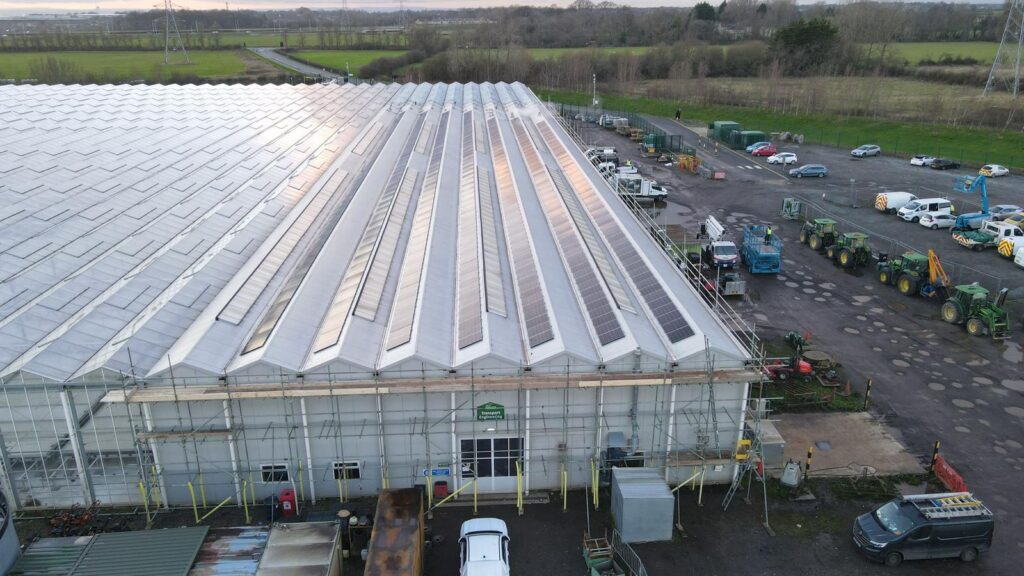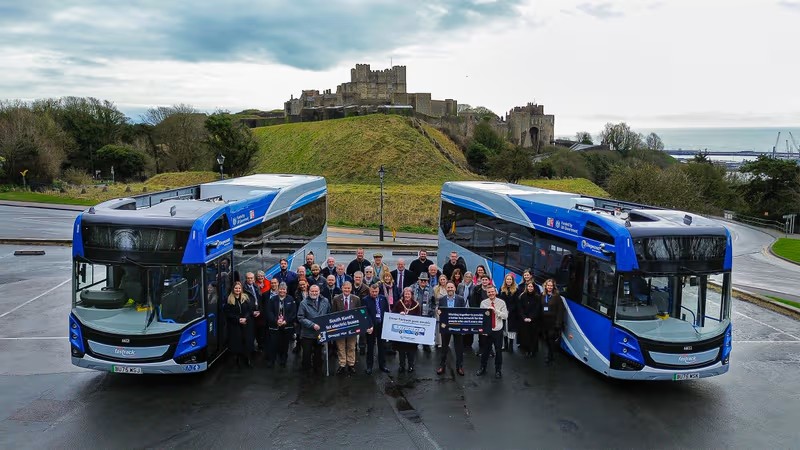Council’s EV2 project had a goal of installing 150 new charge points – and installed 184. It’s especially welcome news at an uncertain time for the sector.
Many local authorities are working hard to install new electric vehicle (EV) charge points and so encourage more people to make the switch to EVs. EVs produce zero emissions at the tailpipe, which has obvious benefits for air quality and in efforts to tackle climate change.
Cars parked on a road in Falmouth, photo by Lyle HastieCornwall has been forging ahead in this area. Thanks to the Drive EV2 initiative the county now has more than 500 charge points.
Drive EV2 has been paid for through the European Regional Development Fund and the council’s own carbon neutral fund. The new charge points were installed by SWARCO Smart Charging – who will also maintain them. The 184 charge points comprise 92 units situated in 35 council car parks across Cornwall.
Richard Pears, Cabinet Portfolio Holder for Transport, says: ‘This project is about bolstering the existing network by installing units in areas with limited coverage – rural areas where the private sector is unlikely to install their own chargers.’
Martyn Alvey, Cabinet Portfolio Holder for Environment and Climate Change, adds: ‘The number of electric vehicles on our roads is steadily increasing and the infrastructure must keep pace.
‘With this extended network Cornwall is now in the top 20% of local authorities for total number of charging units.’
Achievements like this are very welcome at the moment as the EV sector recently faced a crushing blow. Until last week, the direction of travel had all been about getting industry and infrastructure ready for 2030 and the ban on sales of new vehicles fuelled by petrol or diesel. Yet as we reported last week, the government has now back-pedalled on this commitment, delaying the ban until 2035.
Ironically, one big reason for this decision seems to be the worry that charging infrastructure across the country won’t be ready by 2030 to meet expected demand. This has added to a pervasive ‘charge anxiety’ – seen as a major factor in people’s resistance to switching to EVs.
The achievement in Cornwall suggests that goals can be not just met but exceeded.
In related news:
Bradford Clean Air Zone leads to lowest levels of air pollution ever

















Leave a Reply